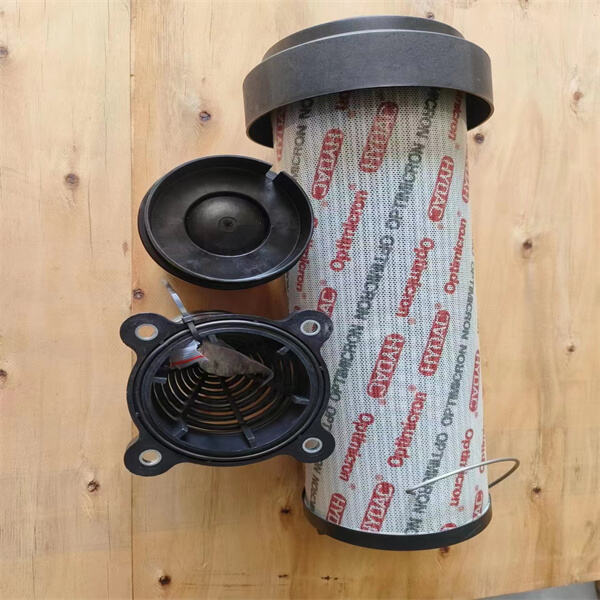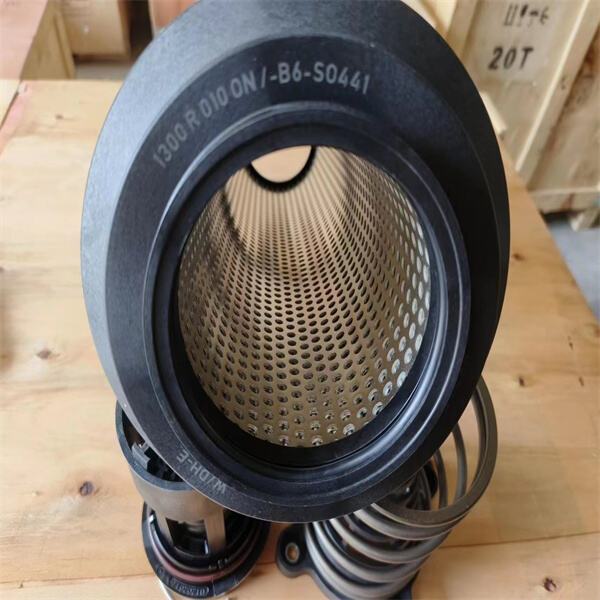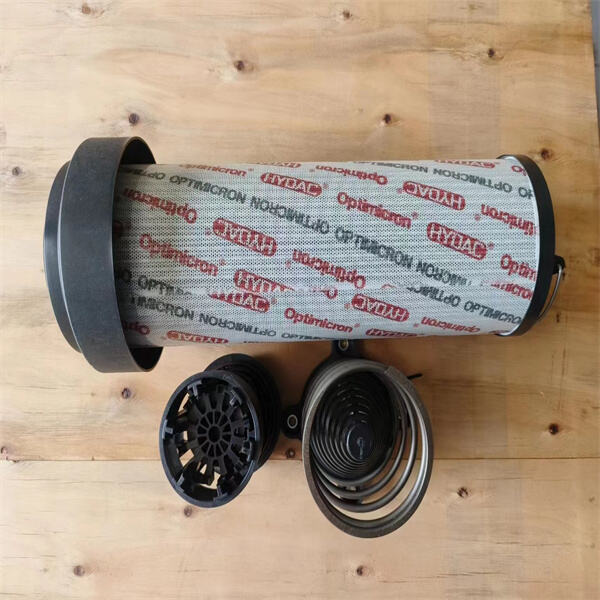When we mention hydraulic charge filters, we are talking about something that is really important for machines. These filters are essential to helping machines run smoothly and problem-free. But exactly how do hydraulic charging filters function? Let's explore this together!
Well, machines crave fresh oil. When is the oil dirty, the Hydraulic charge filters help to keep the oil clean by dirt and particles. This is critical because if there is dirt in the oil, the machine may not work properly or may even fail. So, a good hydraulic charge filter is critical to making sure machines keep running well.
Machines are often driven by hydraulic systems that use oil to make things move and work. If the oil gets dirty, the system won’t function appropriately. Enter hydraulic charge filters. They trap dirt and particles within the oil, allowing the oil to remain clean so that the system can operate smoothly. This tends to circumvent problems and keep the machine running in fine order.

There are many advantages of using quality hydraulic charge filters in machines. First, it makes the machine live a :onger life. By maintaining clean oil, the machine is less likely to experience problems or break. Second, good filters can help the machine work more efficiently and faster. quality hydraulic charge filters are surely worth an investment in machines.

Like all filters, hydraulic charge filters require regular replacement for optimal performance. After the filter becomes dirty and full of particles, it lingers and is no longer as effective. That’s why changing the filter according to the manufacturer’s instructions is important. In doing this, you help your machine to keep on doing what it does well.

When selecting a hydraulic charge filter, it is essential that you opt for the best one for your application. Filters comes in a variety of different options, so be sure to find one that fits your machine. Consider the filter’s size filtration effectiveness and brand. But by selecting the right filter, you can help your machine run smoothly.